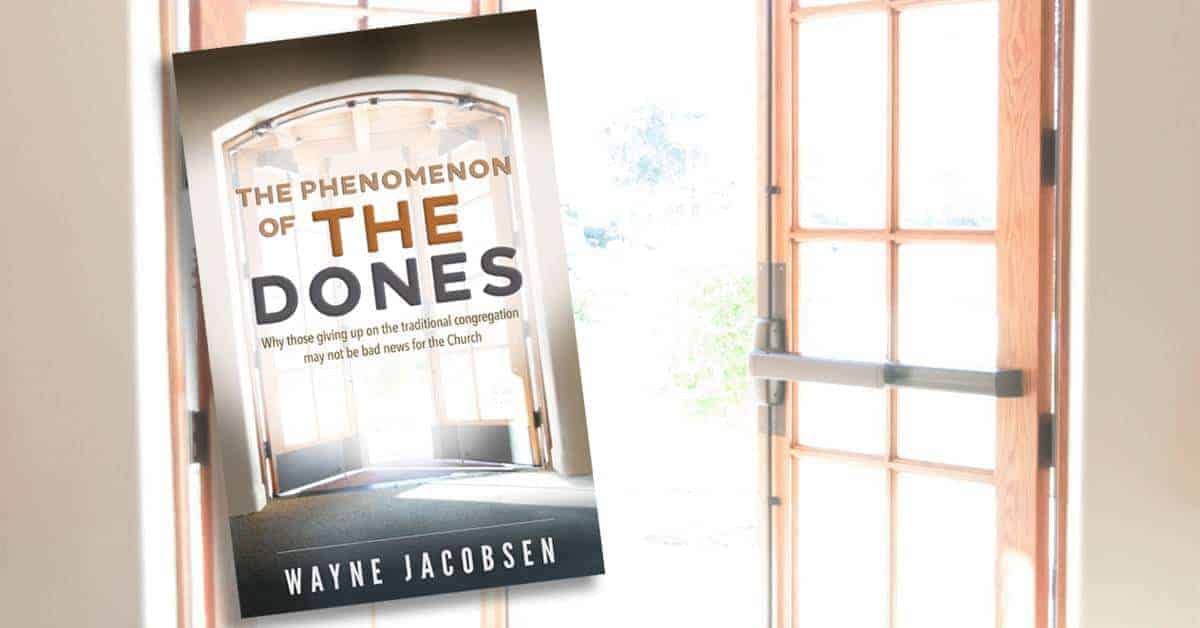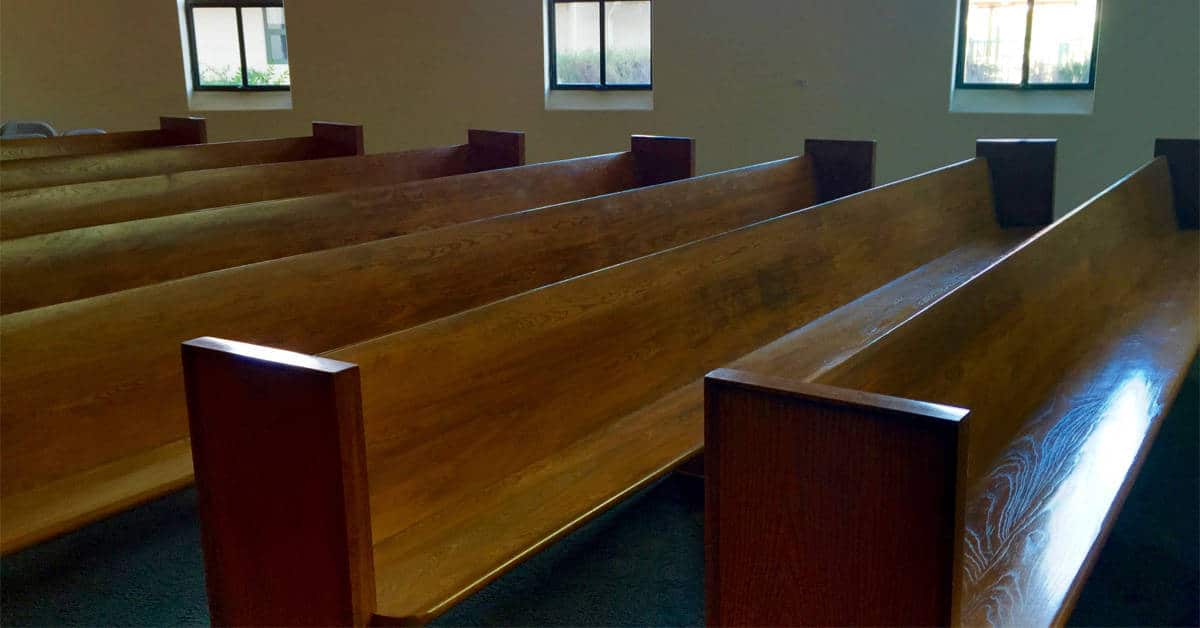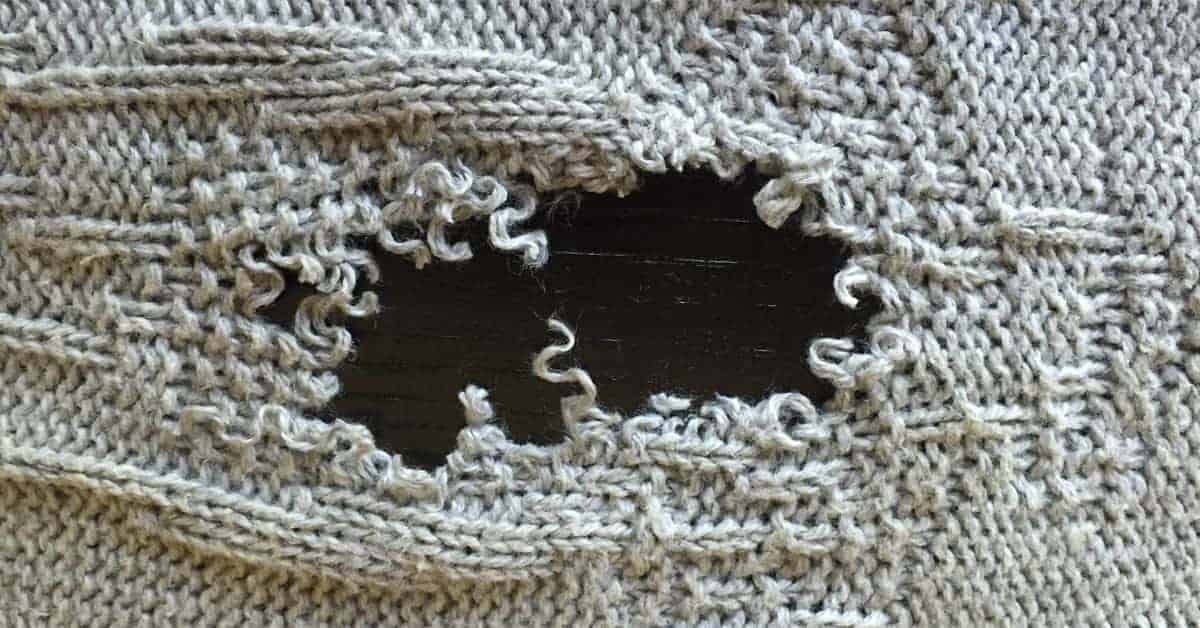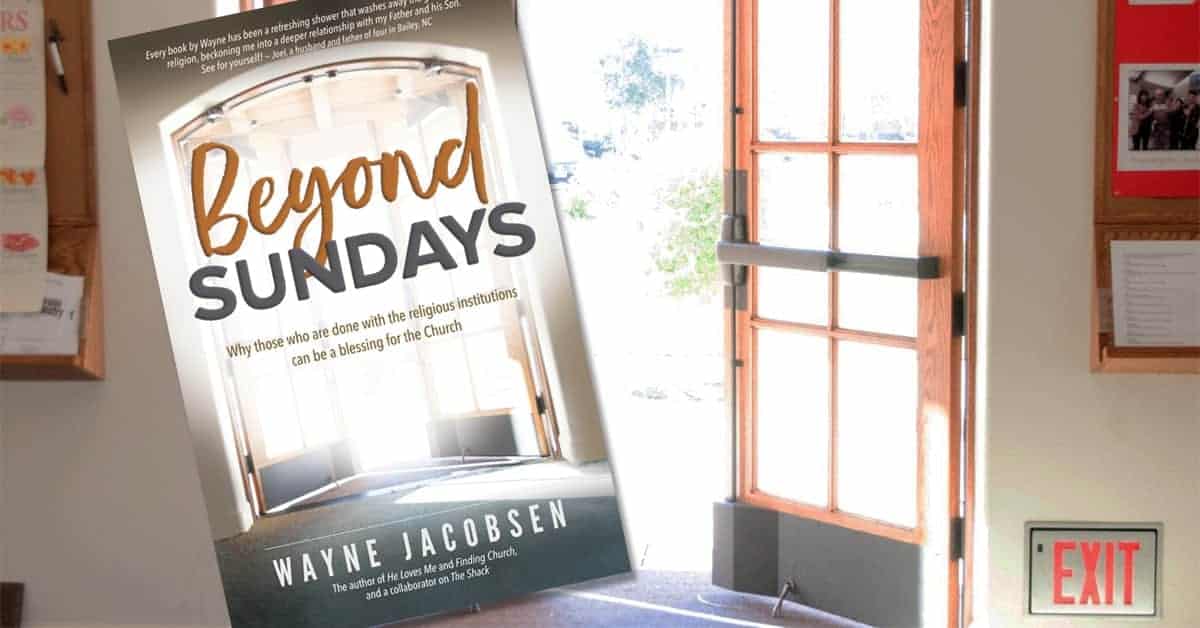Second in a series on the The Phenomenon of the Dones
(Read Part 1, The Secret is Out)
In a study called Nones on the Rise, Pew Research put out their discovery a few years ago of a growing segment of the U.S. population that checks “none” as their religious preference instead of one of the historic faiths that people have identified with for centuries.
It was perhaps inevitable then that the rise of the “Nones” would give rise to the “Dones”, when it was discovered that there is a an increasing number of people living outside traditional “church” institutions who continue to grow in a relationship with Jesus and connect in meaningful ways with others. The Dones is the most recent label attached to them. They have been called revolutionaries, outside the box, free-range Christians, or the dechurched. Such labels serve the media’s need to talk about trends among specific groups and to market products inside those trends, but they really aren’t helpful to the work Jesus is doing in the world.
Our fallen nature constantly seeks to find identity and safety inside a tribe and labels are important to keep “my group” separate from “their group”. It works for sports teams, gangs, and even religious groups. Labels so easily polarize humanity into adversarial groups and especially with religious ones where we conclude that our group is not just different, but better.
So it’s not surprising that labels either flatter or denigrate depending on which tribe is talking. Sadly, most of this conversation about the Dones is either insiders talking to insiders about outsiders or outsiders talking to outsiders about insiders. For insiders terms like “dechurched”, or “church refugees” may seem fair but actually perpetuate the myth that religious institutions are the only reflection of Jesus’ church in the world. That is as unfortunate as it is untrue. Using “church” only for religious institutions is no minor slip. Most religious leaders want people to believe it so they won’t consider leaving too. Even many of the so-called Dones talk about having “left the church.”
Likewise those outside want to claim the titles that make them seem freer, more grace-based, or more powerful than their counterparts in more traditional settings. After George Barna published Revolution in 2006, those outside of traditional structures quickly latched on to it as evidence that they were more spiritually committed, and instead of opening a dialog for the whole family it only expanded the divide. I’m afraid “The Dones” will do the same thing if people wear it as a merit badge of deeper spirituality while others us it to question the sincerity of their faith.
Any title you wear be it pastor, best-selling author, or Done will do more to separate you from others, than it will help you recognize the incredible family that Jesus is building. Claiming a label works against his prayer that his Father would make us one. The community of the new creation levels our humanity—from hierarchy and from our narcissistic notions of being in a better group than others. We are all sons and daughters of a gracious Father and that’s all the identity we need. (Matt. 23)
But once again, we risk being divided into innies and outies as people and falling into the false dichotomy our flesh so craves. Whether you go to “a church” or whether you don’t is a distinction without a difference. What matters is whether people are following Jesus and being transformed by his love. What I hope comes out of this study of the Dones is those inside and those out recognize that the church is bigger than most of us would dare to believe and that his church takes expression wherever people engage each other with his love and purpose.
For those who claim that attendance at a local congregation is mandatory to be part of his church I hope they reconsider that false idea. Being part of his family is about following him not belonging to an institution. Over the last twenty years I’ve found incredible followers of Jesus both inside them and outside. I hope this research draws all those into a conversation where in and out becomes less important than loving and affirming his kingdom however it takes shape in the world. But it will take a significant number of voices across the Christian landscape to fight for a better conversation that include those.
Imagine my joy last week when I met with 25 pastors in Riverside County who wanted to discuss my book, Finding Church, and Dr. Packard’s research about “The Dones,” which will be profiled in his book, Church Refugees. Not only was I surprised that many were wiling to have the conversation, but also grateful everyone there approached it with graciousness and a desire to understand the trends we’re confronting today. There was no hostility for those differences, but a generosity to understand those who have left and appreciate their journeys as well.
I am convinced that people who truly know Jesus will want to reach across this divide, not exacerbate it. We don’t need identifying labels, especially ones that make us feels superior to others in the family. When Jesus becomes more important to us than finding identity in any particular tribe of it, then the conversations that most express his kingdom will grow in the world. Instead of demanding that others conform to our view of the church we will recognize her in the most surprising places as we find connection and fellowship with those who know the Jesus we know, even if they don’t follow the rituals we follow.
Then we won’t need labels to divide us. Brother, sister, and fellow saint will be more than enough and loving each other in a mutual celebration of Jesus himself will allow his church to flourish where we live.
__________________________
Wayne Jacobsen is the author of Finding Church and host of a podcast at TheGodJourney.com where he you’ll find his conversation with Dr. Packard about the Dones on May 1st and May 8th episodes.








